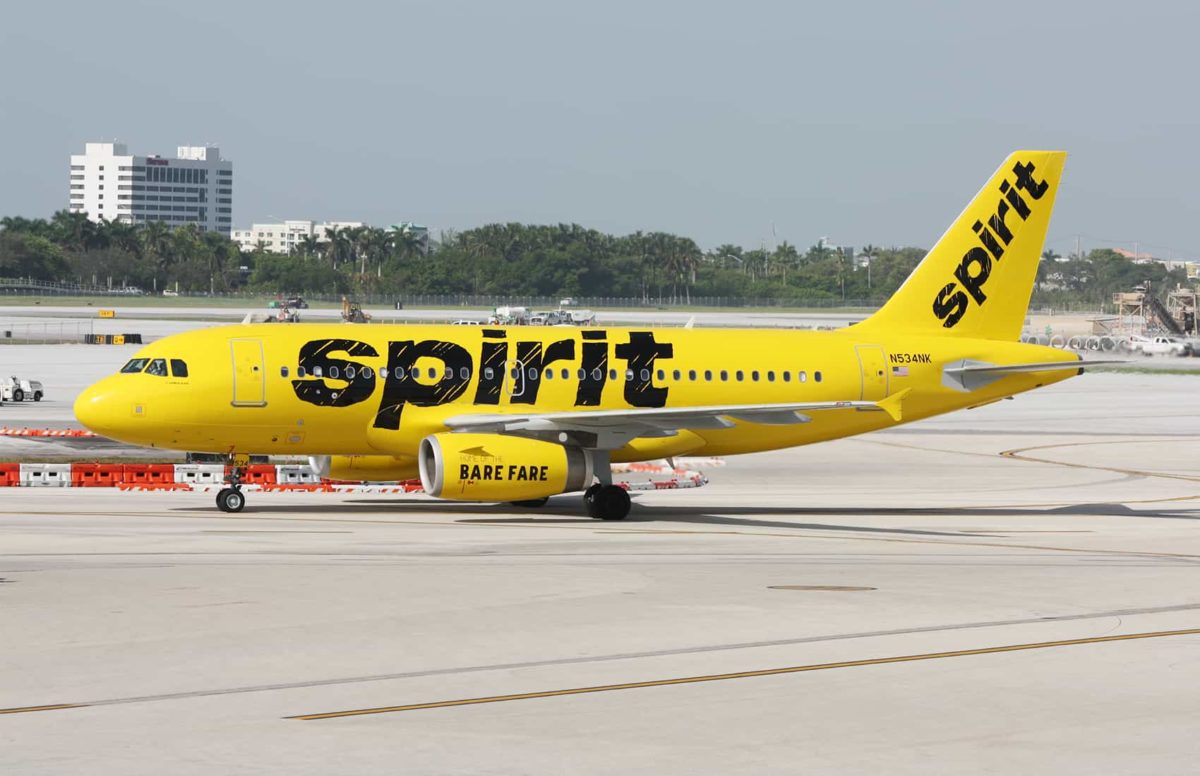Budget carrier Spirit Airlines filed for Chapter 11 bankruptcy protection again on Friday, marking its second filing in less than a year. The Florida-based airline, famous for low fares and bright yellow planes, first sought protection in November and exited in March after cutting nearly $800 million in debt. Now, it faces ongoing losses and aims to restructure further.
Spirit reported $2.4 billion in long-term debt, most due in 2030, and lost over $2.5 billion since early 2020. Rising costs and competition from bigger airlines like United and Delta pushed it back into court. The company boosted capacity after the pandemic but struggled with demand drops and failed merger attempts with Frontier and JetBlue due to antitrust issues.
CEO Dave Davis, who took over in April from Ted Christie, said the filing gives time to redesign the network, adjust the fleet, and cut costs. “Guests can keep relying on us for high-value travel,” he added in a statement. Spirit plans to furlough 270 pilots and downgrade 140 captains in the coming months, tied to lower flight volumes in 2026. It may sell aircraft and real estate to raise cash.
Operations continue as normal during the process. Passengers can book and fly without issues, and tickets, credits, and loyalty points remain valid. Employees and vendors get paid on schedule. The airline reached a deal with most creditors for $350 million in new equity to reduce debt.
For Costa Rica, the filing raises questions about future flights. Spirit runs two daily direct routes from Juan Santamaría International Airport to Fort Lauderdale and Orlando. The company confirmed no immediate changes to these services.
Still, tourism leaders worry about long-term effects. Affordable options like Spirit draw budget travelers from the U.S., supporting hotels, tours, and local businesses in spots like Guanacaste and the Central Valley. A cut in routes could slow visitor growth, especially as the sector rebounds from pandemic hits.
Across Central America, the impact spreads. Spirit serves destinations in Guatemala, Honduras, El Salvador, Nicaragua, and Panama, offering low-cost links to U.S. hubs. These flights help families connect and boost regional economies through tourism and trade. If Spirit shrinks its network, fares might rise as fewer choices remain, hitting everyday travelers hardest. Countries like Costa Rica and Panama, with strong U.S. ties, rely on such carriers for steady passenger flow.
Spirit’s shares dropped sharply after the news, trading at pennies. The company expects delisting from the stock exchange soon. Analysts point to broader industry pressures, like fuel prices and shifting demand, but Spirit’s model leaves it vulnerable.
While no cuts hit yet, unions warn staff to brace for changes. A recent report flagged doubts about survival through 2026 due to weak leisure travel.
Travel experts suggest getting travel insurance when booking flights with Spirit or any airline in similar situations. Policies can cover trip cancellations, interruptions, or delays if the bankruptcy leads to service changes, protecting your plans and money.






